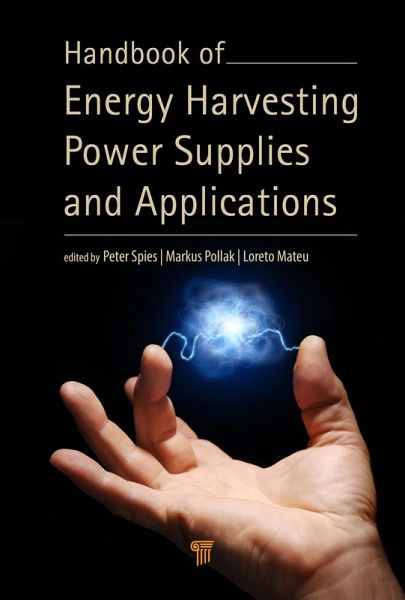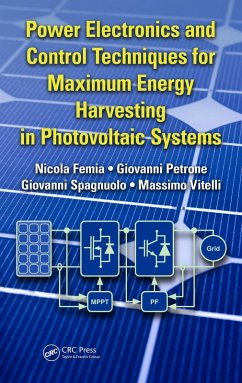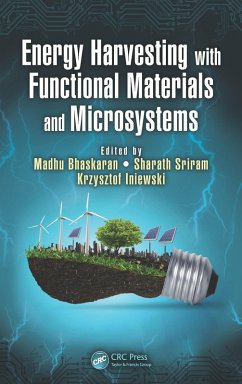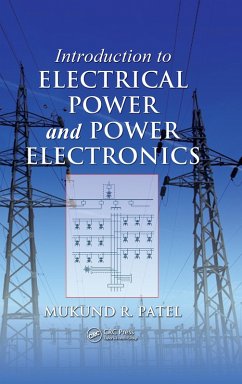
Handbook of Energy Harvesting Power Supplies and Applications (eBook, PDF)
Versandkostenfrei!
Sofort per Download lieferbar
112,95 €
inkl. MwSt.
Weitere Ausgaben:

PAYBACK Punkte
56 °P sammeln!
This book describes the fundamentals and principles of energy harvesting and provides the necessary theory and background to develop energy harvesting power supplies. It explains the overall system design and gives quantitative assumptions on environmental energy. It explains different system blocks for an energy harvesting power supply and the tra
Dieser Download kann aus rechtlichen Gründen nur mit Rechnungsadresse in A, B, BG, CY, CZ, D, DK, EW, E, FIN, F, GR, HR, H, IRL, I, LT, L, LR, M, NL, PL, P, R, S, SLO, SK ausgeliefert werden.













